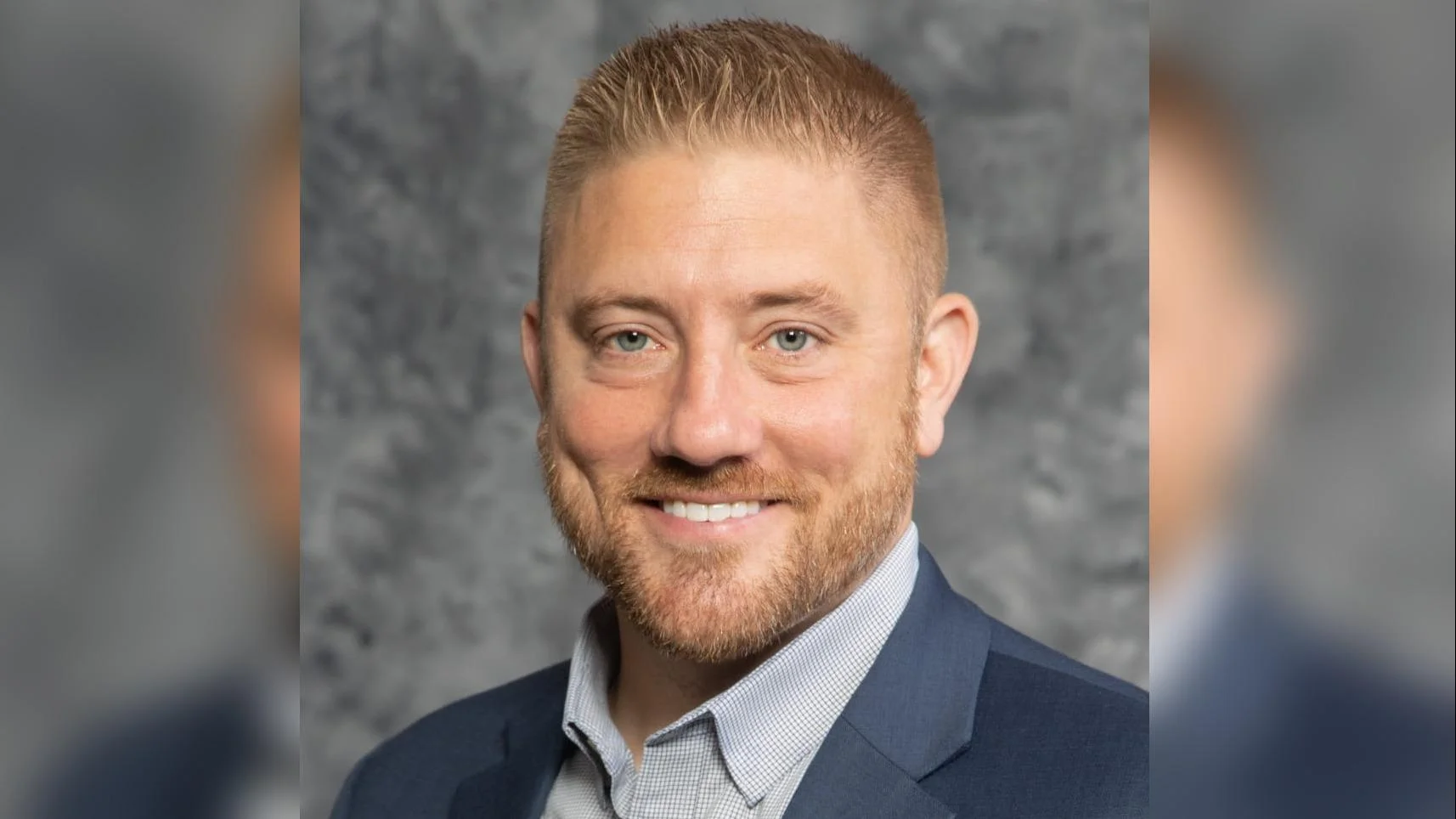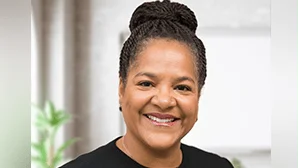Mike DeRose Director of Human Resources | Michigan Department of Health & Human Services Website
Mike DeRose Director of Human Resources | Michigan Department of Health & Human Services Website
The Michigan Department of Health and Human Services (MDHHS) has unveiled a plan aimed at reducing new HIV infections by 90% by the year 2030. The initiative, titled "Ending HIV Together: Michigan’s Equitable Plan," was announced in conjunction with World AIDS Day, which emphasizes collective action to sustain and accelerate progress against HIV.
Elizabeth Hertel, MDHHS director, stated that achieving the goal of stopping new HIV infections is possible with appropriate resources and strategies. “Stopping new HIV infections and ensuring people living with HIV have access to the best possible care is attainable with the right resources, increased diagnoses and proven treatment strategies,” she said. Hertel also highlighted the need to combat HIV-related stigma as it poses barriers to receiving support.
The plan outlines several key objectives including increasing statewide testing for HIV and sexually transmitted infections, improving retention of ongoing care for those living with HIV, enhancing PrEP referrals for eligible individuals who test negative for HIV, and boosting capacity to detect and respond to outbreaks.
In Michigan alone, 696 individuals were diagnosed with HIV in 2023 while 18,437 were living with the virus at year's end. The development of this plan involved four years of community engagement sessions aligning it with national efforts to end the epidemic.
Dr. Natasha Bagdasarian, chief medical executive at MDHHS emphasized a collaborative approach in formulating this strategy. “It was critically important to take a collaborative approach to develop this plan and ensure the voices of those affected by HIV were at the heart of our strategy,” she noted.
Jimena Loveluck from Washtenaw County Health Department expressed support for the plan saying it strengthens efforts towards reducing stigma and increasing accessibility of prevention services. Teresa Roscoe from Corktown Health praised state leadership for their commitment towards eliminating stigma around HIV.
Wayne State University Adult HIV Program director Dr. Gretchen Snoeyenbos Newman echoed similar sentiments about collaboration being central to ending the epidemic through combined prevention measures along with breaking down silos within healthcare systems.
For more information on accessing services related to this initiative visit Michigan.gov/EndHIV.





 Alerts Sign-up
Alerts Sign-up